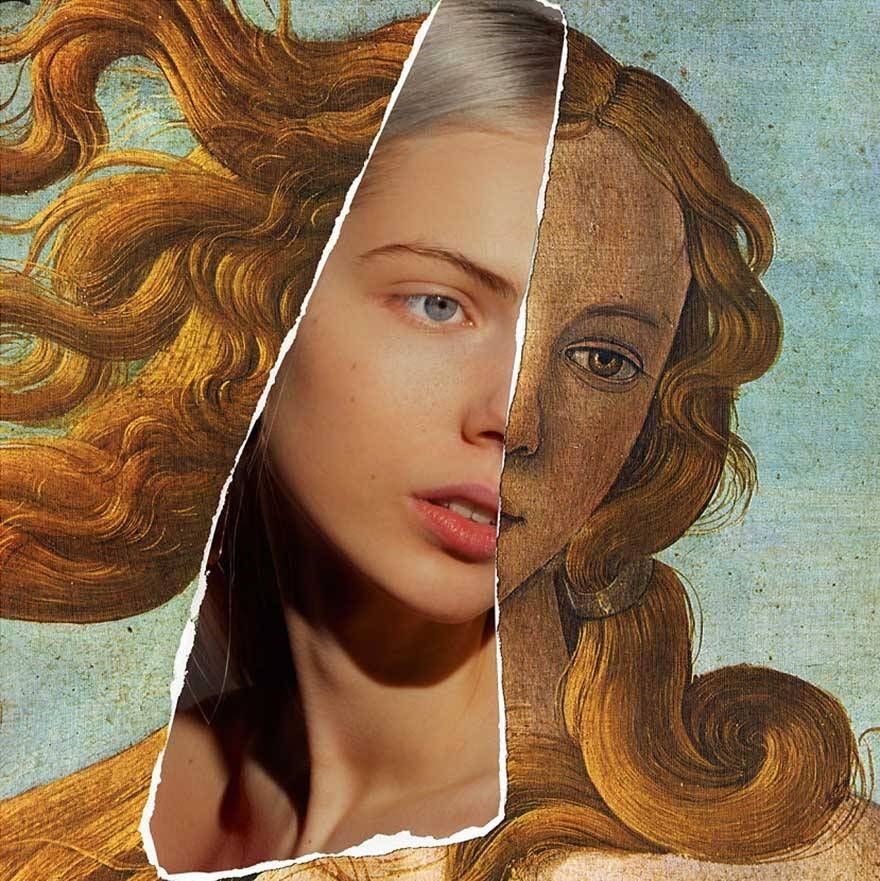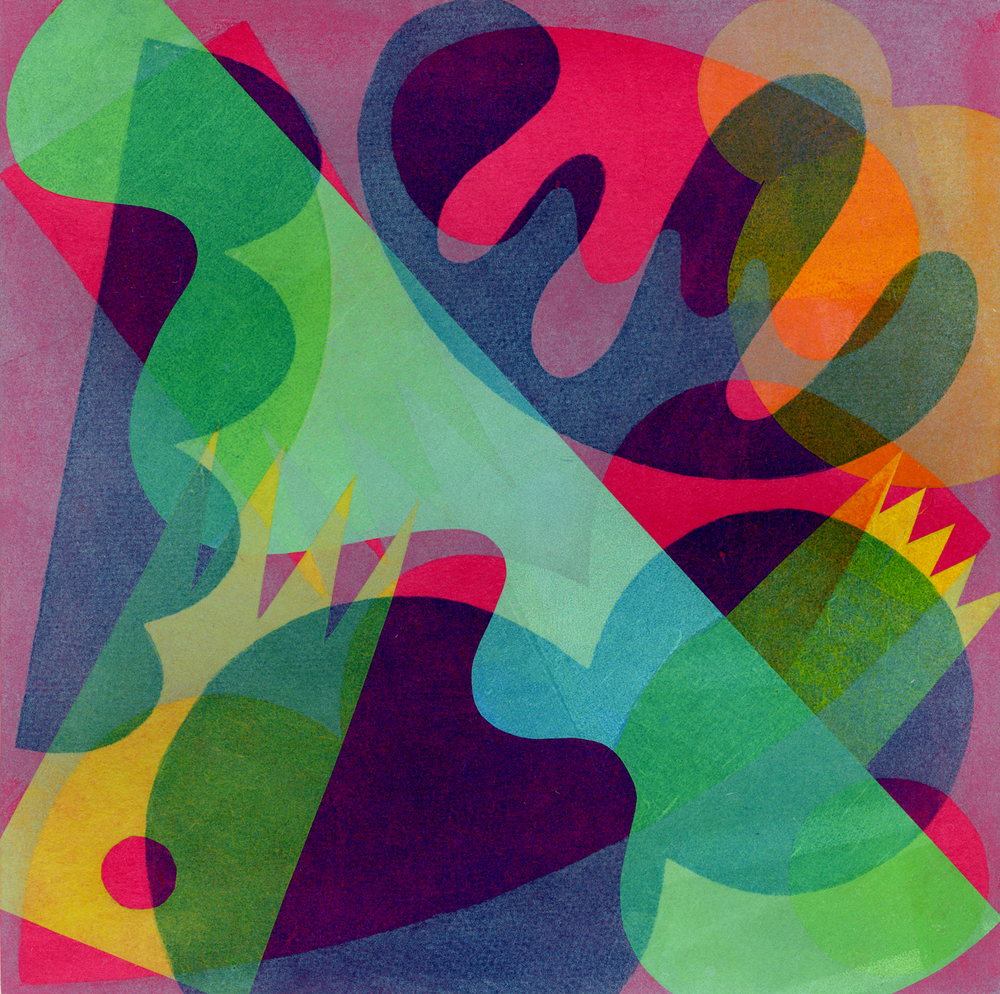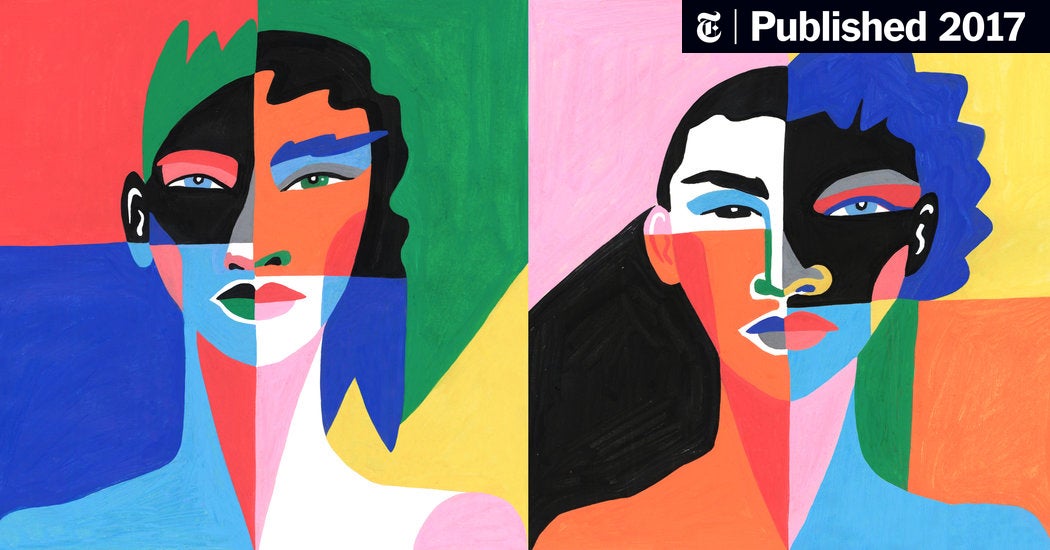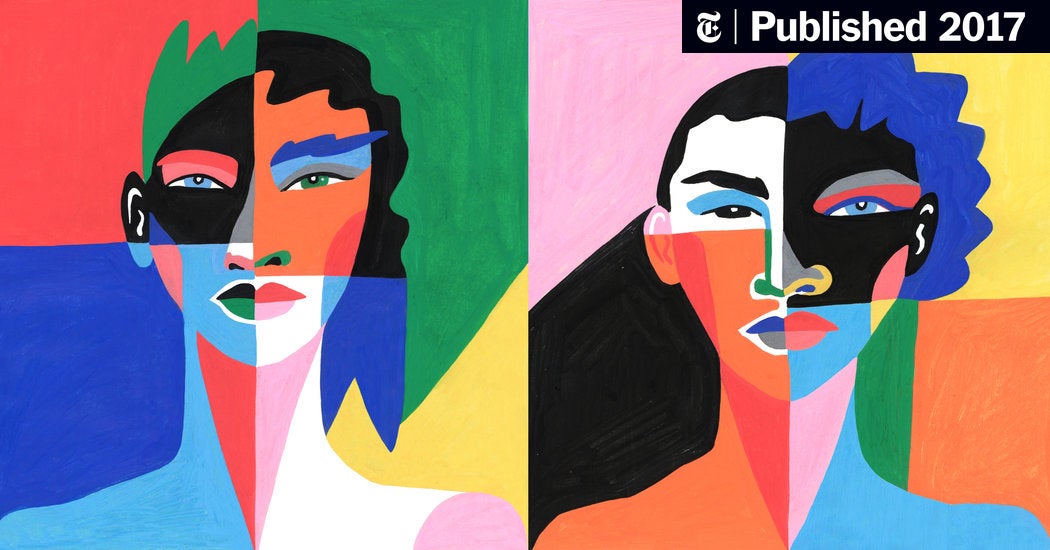Typically for people who are half-white and half-black, a big part of their experience is being treated—or not—like a black person in society, says Gaither. “If you don’t have those features or skin tone that can lead to the tension and prejudice that a lot of members of the black community face, then there’s this awkwardness that mixed people face in claiming a black identity,”
Gaither, who is biracial, says she’s treated like a “party game:” “‘Guess what race she is. I bet you’ll never guess,’ they say. I don’t match anyone’s expectations.”
“We have an expectation in society of what a black person should look like, or what a white person should look like,” says Sarah Gaither, Ph.D., an assistant professor of psychology and neuroscience at Duke University. “And if you don’t look like that, that’s disruptful.”
identifies more as a black woman because she says she's more comfortable in her blackness than her whiteness, but that has presented its own set of challenges. “Because I look white, people think that I can’t understand what it’s like to be black, so I get embarrassed,”
“The big problem is that as a society, we think in either-or categories,” says Gaither. “You can only be one thing or another. You can’t be two things at the same time.”


Sanyu Fernandes
More often than not, you’ll be reminded often about the fact that you’re neither black nor white, Asian nor Caribbean, Indian nor European. SO what exactly does that make you?? You’ll feel stressed about not fully looking or acting the part that you are identifying with. Speaking the language, walking the walk, having the same features, not being light enough, not being dark enough… the list goes on.
And while you’ll feel you have a lot in common with people of those different groups, they may not accept you as one of them for all or one of those reasons. It can lead to that sense of feeling like you fit in everywhere but don’t actually fit in anywhere.
Dear people around me,
I have a light skin, curly thick hair, freckles and facial features of a black man. I’m not offended if you want to ask me about my cultural background. As you may guessed, I am biracial. My racial background is equally divided in black and white. I grew up with the Dutch culture but I felt more connected to the black culture when I was a teenager.
My white friends introduce me as a caramel skinned black man who is polite and friendly. While my black friends introduce me as a polite, friendly Bounty. I work as a customer care agent for T-Mobiles business department. When I call with business owners they regularly give me a complement for my Dutch when they hear my name in the end of the conversation. And if a black person starts talking the native language, they are in shock that I don’t speak the language. I always hear that I look different then how they framed me.
When I was younger, I would describe myself as a chameleon, because I deeply cared to be accepted by both cultures. Depending on the community I would change the way I act or look. For example, for attending a party with my white friends I would straighten my hair. I was always aware of every situation and I was always aware how I should act in order to be accepted by the majority.
Uzma Z. Rizvi gave me a new insight about culture. She said in decolonization as care: “culture is everywhere: it is part of the way we walk, talk, move through space, the languages we speak, the values we have, the ways we think of ourselves, how we think of the world”.
Living a chameleon life wasn’t all bad for me, it even made me the person I am today. During this period, I discovered my own identity by studying different cultures all the time. In the end, I figured out that I feel connected to both cultures and even other cultures. The input of both cultures shaped me the way I am, and I feel confident about my mixed cultural background. I can relate to Uzma her story, where she had to make herself into something she was not, and it became clear to her that she was not the ‘norm’. By knowing that Uzma also struggled with her identity, it made me curious how other people experience life being biracial. This curiosity inspired me to have an open conversation with my family about being biracial. As a family we never talked in depth about our identity and how being biracial formed us to the persons we are. I’m glad that we could have these conversations about identity and culture. My days as a chameleon are over and I learned a lot from different cultures and more about myself, what I completely love! With that being said… I would like to ask you a question as well. Based on my story, how would you identify yourself?

